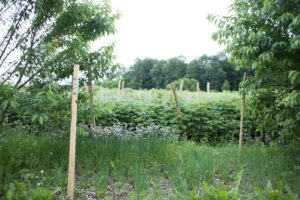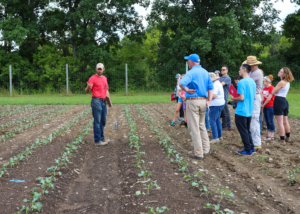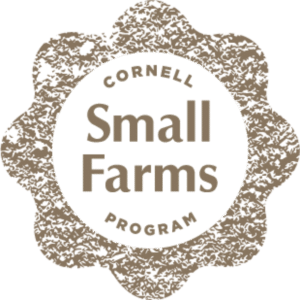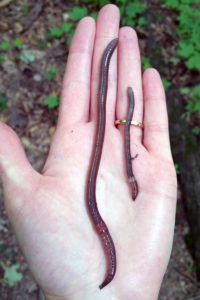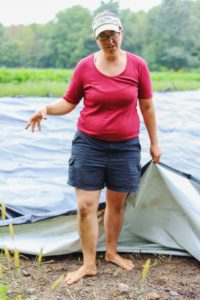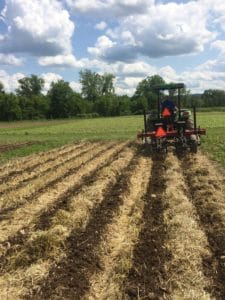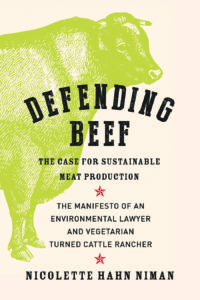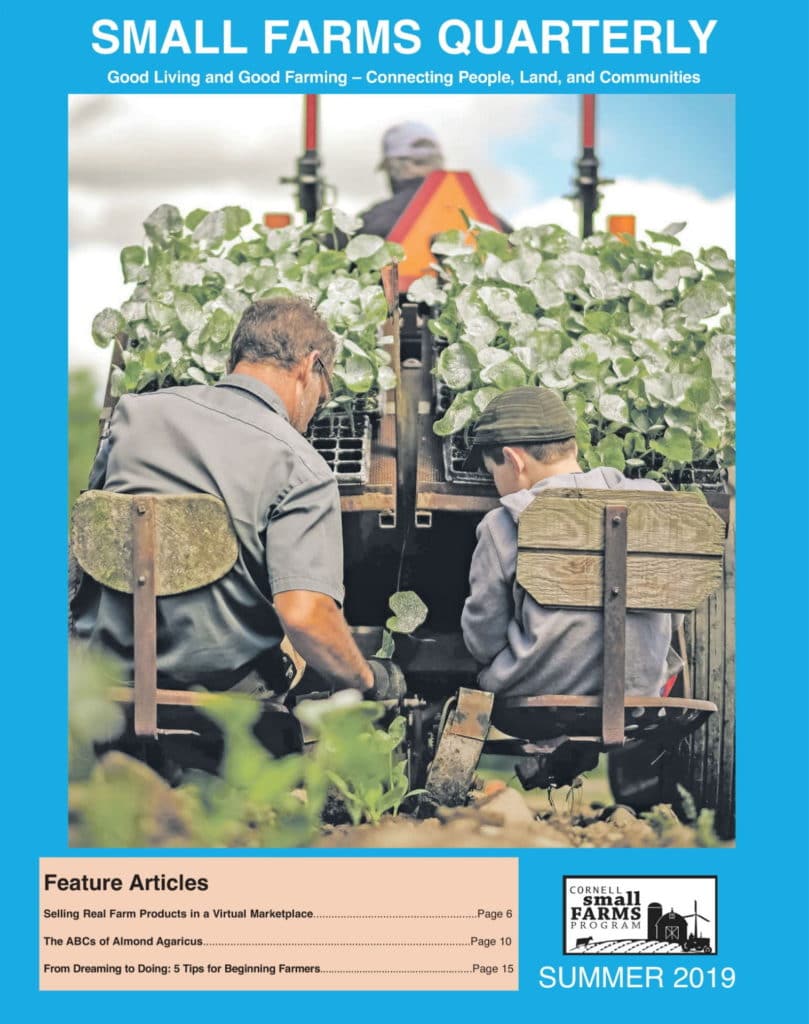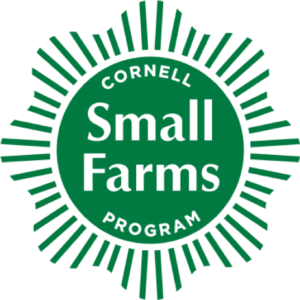Soil Health
Receive news and resources as they are released by joining our newsletter.
New research helps to support the popular permaculture practice. Since the term was first introduced in the 1980s, the use of dynamic accumulators on the permaculture homestead has become a common practice. Across all climates and regions of the world, permaculture practitioners have been sharing their successes using a wide range of plants to…
Read MoreReduced tillage practices and weed suppression management are common goals of small-scale organic farmers. A lesser-known method is deep-composting, which was presented by the Reduced Tillage Project and a team of Cornell University researchers at the Northeast Organic Farming Association (NOFA) Winter Conference as a solution to weed suppression in a reduced tillage system. …
Read MoreSweeping problems under the rug usually leads to larger problems in the future, unless of course, the problem is weeds and the rug is tarps. Tarping fields as a weed management strategy is an integral part of many organic and reduced tillage operations. Cornell Small Farms Program director, Anu Rangarajan, and Reduced Tillage project coordinator,…
Read MoreA new and significant threat to forests, Asian earthworms, have cleverly disguised themselves — as earthworms. If you’re tired of hearing about new invasive forest pests, I’m with you. Seems they arrive at an ever-increasing pace, and the harm potential ratchets up with each newcomer. At this rate, maybe we’ll get a wood-boring beetle whose…
Read MoreThe Cornell Small Farms Program will be attending several conferences in early 2019. From presentations of our research to special events, you can connect with the our team and fellow farmers at the conferences listed below. New York State Vegetable Growers Association 2019 Empire State Producer’s Expo Reduced Tillage Project: Ryan Maher, Brian Caldwell, &…
Read MoreAs the growing season winds down, Haley Rylander, a masters student working with the reduced tillage project of the Cornell Small Farms Program, has been visiting with farmers who have taken an active role in her research. Haley shares some of these farmers’ experiences and gives insight about using tarps to suppress weeds and reduce…
Read MoreIf you’re interested in improving your farm’s soil health, reduced tillage may be the answer. Reduced tillage practices can minimize soil disturbance by using less intensity, going shallower, and restricting the width or tilled-area. They can be applied to a bed, within a field or across the whole farm. The practices can take many forms,…
Read MoreIn Defending Beef, author Nicolette Hahn Niman takes on no easy task: as the title suggests, this vegetarian cattle rancher seeks to exonerate beef from the many ills for which it’s blamed, both from ecological and nutritional perspectives. She anticipates every argument, discussing everything from the role cattle play in water contamination, soil health, and…
Read MoreSubscribe to the Small Farms Quarterly
Browse the online archive and subscribe to get each new issue when it's released.


